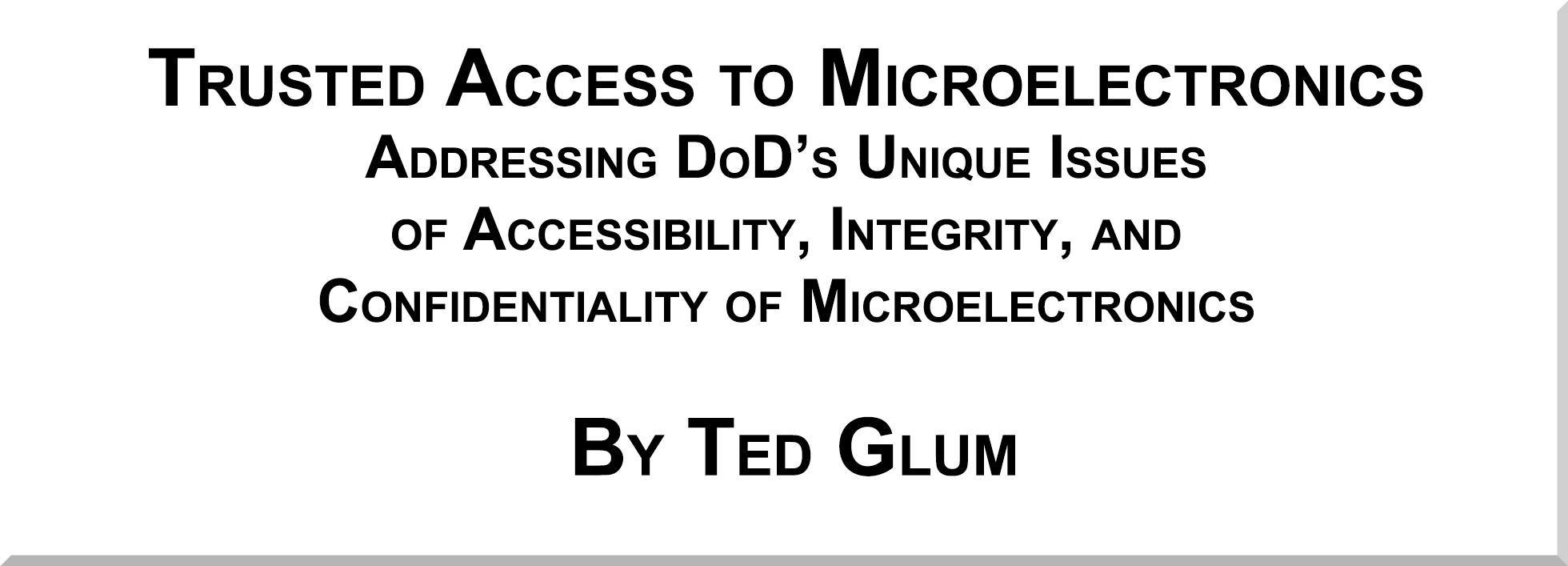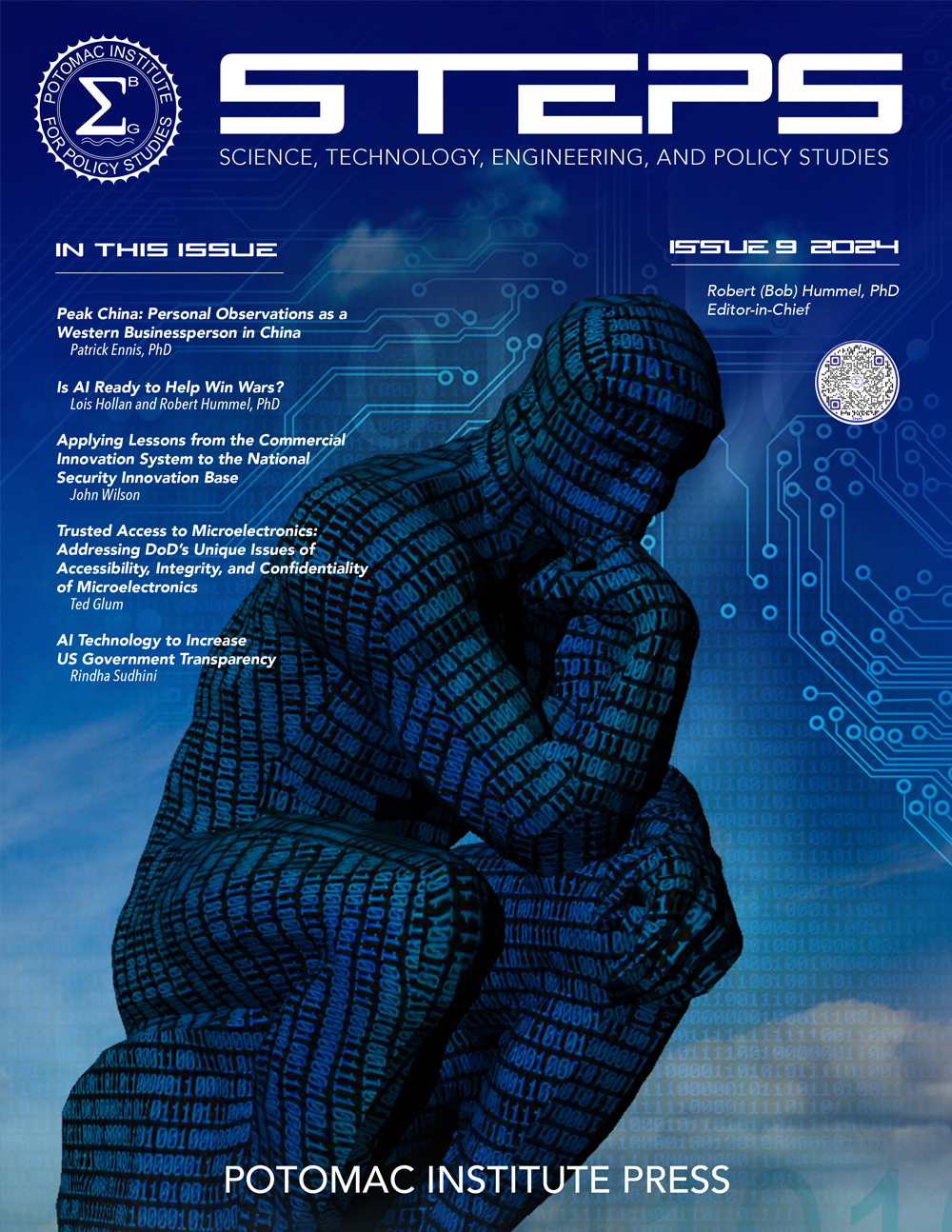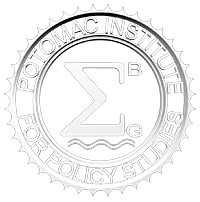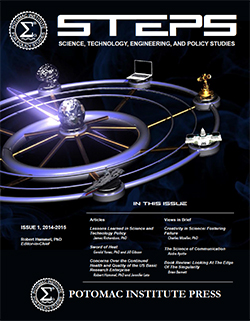On June 3, the TSCA Modernization Act of 2015 (H.R. 2576), which would provide new regulatory guidelines for commercial chemical management, was passed through the House of Representatives Energy & Com- merce Committee with near unanimity. An attempt to improve upon the ineffective Toxic Substances Control Act (TSCA) of 1976, the proposed legislation would provide the Environmental Protection Agency (EPA) with the tools necessary to guarantee that chemicals used in every-day products are safe to consume. The bill lays out precise scientific standards by which a chemical’s risk-level will be determined, and sets strict deadlines for the EPA to take action when a chemical is deemed hazardous. The House is set to vote on the bill prior to the July 4th recess. http://www.gop.gov/bill/h-r-2576-tsca-modernization-act-of-2015-as-amended/

-
Peak China: Personal Observations as a Western Businessperson in China
Patrick Ennis, PhD Senior Partner, Madrona Venture Group and Senior Fellow, Potomac Institute for Policy Studies Many facts, figures, and concurring opinions support the impressions conveyed in this article. Deliberately, data has been omitted to emphasize that these anecdotes and thoughts are not always quantifiable. This can lead to conclusions that might differ from common wisdom. Nonetheless, recent literature contains much data and concurring opinions that corroborate the views of this article. Further reading can…
-
Is AI Ready to Help Win Wars?
Lois Hollan, Senior Fellow, Potomac Institute for Policy Studies Robert Hummel, Chief Scientist, Potomac Institute for Policy Studies Introduction Artificial intelligence (AI) is expected to transform the way wars are fought and revolutionize the enterprise of national security. However, it is still unclear how this technology can be successfully leveraged for national security purposes. The problem stems from the ambiguity of the term “intelligence.” Intelligence is generally taken to mean: “the ability to learn or…
-
Applying Lessons from the Commercial Innovation System to the National Security Innovation Base
John Wilson Senior Fellow, Potomac Institute for Policy Studies Introduction Over the past few decades, an ecosystem of companies and structures has emerged that encourages and supports innovations and their transition into viable products. Venture capital (VC) markets and VC firms are prime examples of such support structures. These and other structures first developed in the commercial marketplace, which we might call the “commercial innovation system.” Similar structures are increasingly being adopted, sometimes in…
-
Trusted Access to Microelectronics
Addressing DoD’s Unique Issues of Accessibility, Integrity, and Confidentiality of Microelectronics Ted Glum, Member of the Board of Directors, Potomac Institute for Policy Studies With all the current emphasis on the supply chain issues for microelectronics, as well as the CHIPS Act’s attempt to re-shore production, it is worth considering the unique needs of the US Department of Defense (DoD). The DoD needs access to both commercial-off-the-shelf (COTS) microelectronics and trustworthy devices for…
-
AI Technology to Increase US Government Transparency
Rindha Sudhini Student Intern at the Potomac Institute for Policy Studies from Sept 2023 to Jan 2024 Introduction Historically, the federal government has been committed to promoting transparency through information access laws. One such law is the Freedom of Information Act (FOIA), which allows citizens to request access to records from any federal agency. Even though these requests are meant to be a primary means of providing information to the public, the general citizenry is…
















